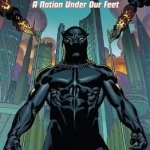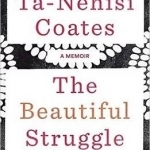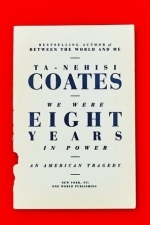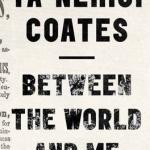Ta-Nehisi Coates
10 favorites
Author Writing
Ta-Nehisi Paul Coates is an American author and journalist. Coates gained a wide readership during...
Leslie Odom Jr. recommended We Were Eight Years in Power: An American Tragedy in Books (curated)
Teagan Wolf (0 KP) rated Between the World and Me: Notes on the First 150 Years in America in Books
Jan 29, 2018

Black Panther, Book 6: The Intergalactic Empire of Wakanda Part 1
Ta-Nehisi Coates and Daniel Acuna
Book
A bold new direction for the Black Panther! For years, T'Challa has kept foreign invaders out of his...
Suswatibasu (1703 KP) rated We Were Eight Years in Power: An American Tragedy in Books
Nov 16, 2017
Coates is one of the first to show up to discuss all three contemporary themes: the man, the community, national identity. He critiques respectability politics. He writes about mass incarceration. He writes about Michelle Obama and Chicago's South Side. He writes about how Barack Obama was exceptional, in many senses, and about the paradoxical limits of the first black president's power to address race and racism. He writes about the qualitative difference between white economic prospects and black economic prospects, thanks to discriminatory policies promulgated by the government even during progressive times, and about how, in his view, reparations would be the only way to redress the problem.
An air of resignation begins to bleed into Coates' writing even before his last essay, coming into the final years of the Obama administration. It is an eloquent eulogy to the struggles that African Americans are facing and increasingly fearing today.

Black Panther Vol. 1: A Nation Under Our Feet
Ta-Nehisi Coates and Brian Stelfreeze
Book
A new era begins for the Black Panther! MacArthur Genius and National Book Award-winning writer...

The Beautiful Struggle: A Memoir
Book
Powerfully evocative, Coates recalls life of struggle on the edge of chaos, and what is was like to...

We Were Eight Years in Power: An American Tragedy
Book
A sweeping collection of new and selected essays on the Obama era by the National Book Award-winning...
Politics social issues essays


